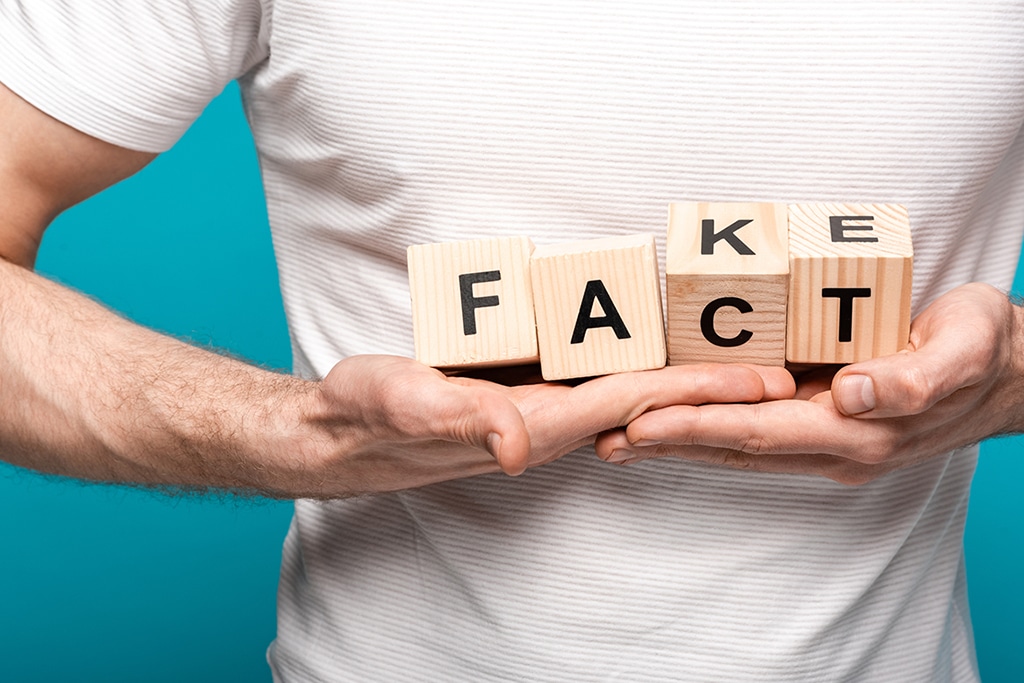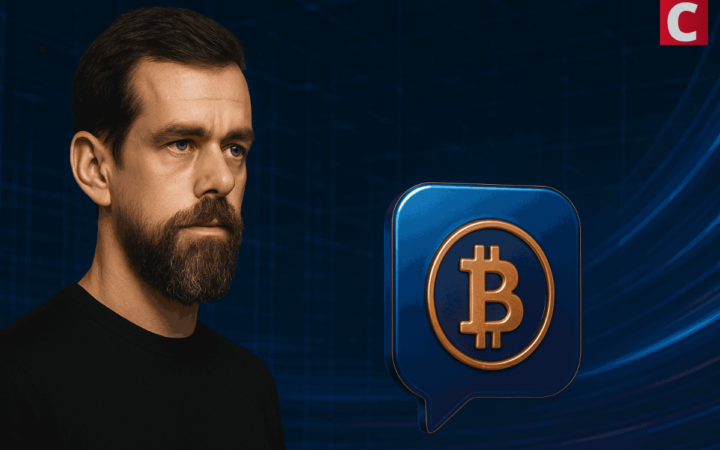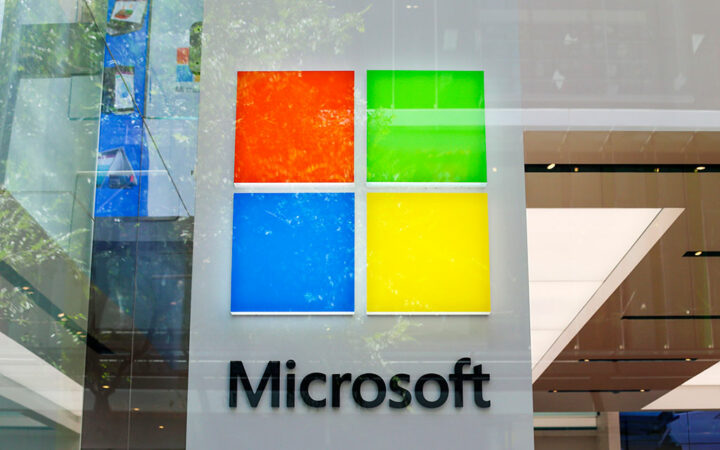
Darya is a crypto enthusiast who strongly believes in the future of blockchain. Being a hospitality professional, she is interested in finding the ways blockchain can change different industries and bring our life to a different level.
According to the European Commission, the assessment of the Code signed in 2018 has shown several shortcomings. Therefore, social media giants should take more effective measures to tackle the issue.

In the endless flow of information provided by social media, it is difficult to determine what we can believe. This year, special attention has been paid to the COVID-19 pandemic, and false information was spreading faster than the virus itself. In this regard, the EU urged tech giants like Facebook Inc (NASDAQ: FB), Google LLC (NASDAQ: GOOGL), and Twitter Inc (NYSE: TWTR) to do more against misleading information.
Back in 2018, the EU issued a self-regulatory Code of Practice on disinformation that addressed the spread of fake news. Facebook, Google, Twitter, as well as Mozilla were the first to sign the EU document. Microsoft Corporation (NASDAQ: MSFT) joined in May 2019, while TikTok signed the Code this June. The Code encompassed five key areas and outlined a set of commitments. These included scrutiny of ad placements, political and issue-based advertising, the integrity of services, empowering consumers, and the research community.
On Thursday, the European Commission said social media giants should be more proactive in combating the issue. According to the Commission, the assessment of the Code has shown several shortcomings:
“These can be grouped in four broad categories: inconsistent and incomplete application of the code across platforms and member states, lack of uniform definitions, existence of several gaps in the coverage of the code commitments, and limitations intrinsic to the self-regulatory nature of the code”.
Further, the commission VP for values and transparency, Vera Jourova, said:
“As we also witness new threats and actors the time is ripe to go further and propose new measures. The platforms need to become more accountable and transparent. They need to open up and provide better access to data, among others”.
The Commission is also planning to sign the Digital Services Act. It will increase social media’s responsibilities and liability for content on their platforms.
For Facebook, there is another issue. The giant may have to suspend data transfers from the EU to the U.S. As the Wall Street Journal has reported, the DPC, the Irish supervisory authority for the General Data Protection Regulation (GDPR), has already sent Facebook a preliminary suspension order. According to DPC, the key mechanism Facebook uses to transfer data from the EU to the US “cannot in practice be used” for such transfers.
In July, the EU said they had concerns about US surveillance that Europeans had no effective way to challenge. Besides, back in 2013, European privacy campaigner Max Schrems filed his original complaint about Facebook’s use of an alternative transfer mechanism, Standard Contractual Clauses (SCCs).
Commenting on the recent order, Facebook said it believed that the EU Court of Justice deemed SCCs valid. Now, it will continue to transfer data “in compliance with the recent CJEU ruling” until they receive further guidance.
Disclaimer: Coinspeaker is committed to providing unbiased and transparent reporting. This article aims to deliver accurate and timely information but should not be taken as financial or investment advice. Since market conditions can change rapidly, we encourage you to verify information on your own and consult with a professional before making any decisions based on this content.

Darya is a crypto enthusiast who strongly believes in the future of blockchain. Being a hospitality professional, she is interested in finding the ways blockchain can change different industries and bring our life to a different level.




